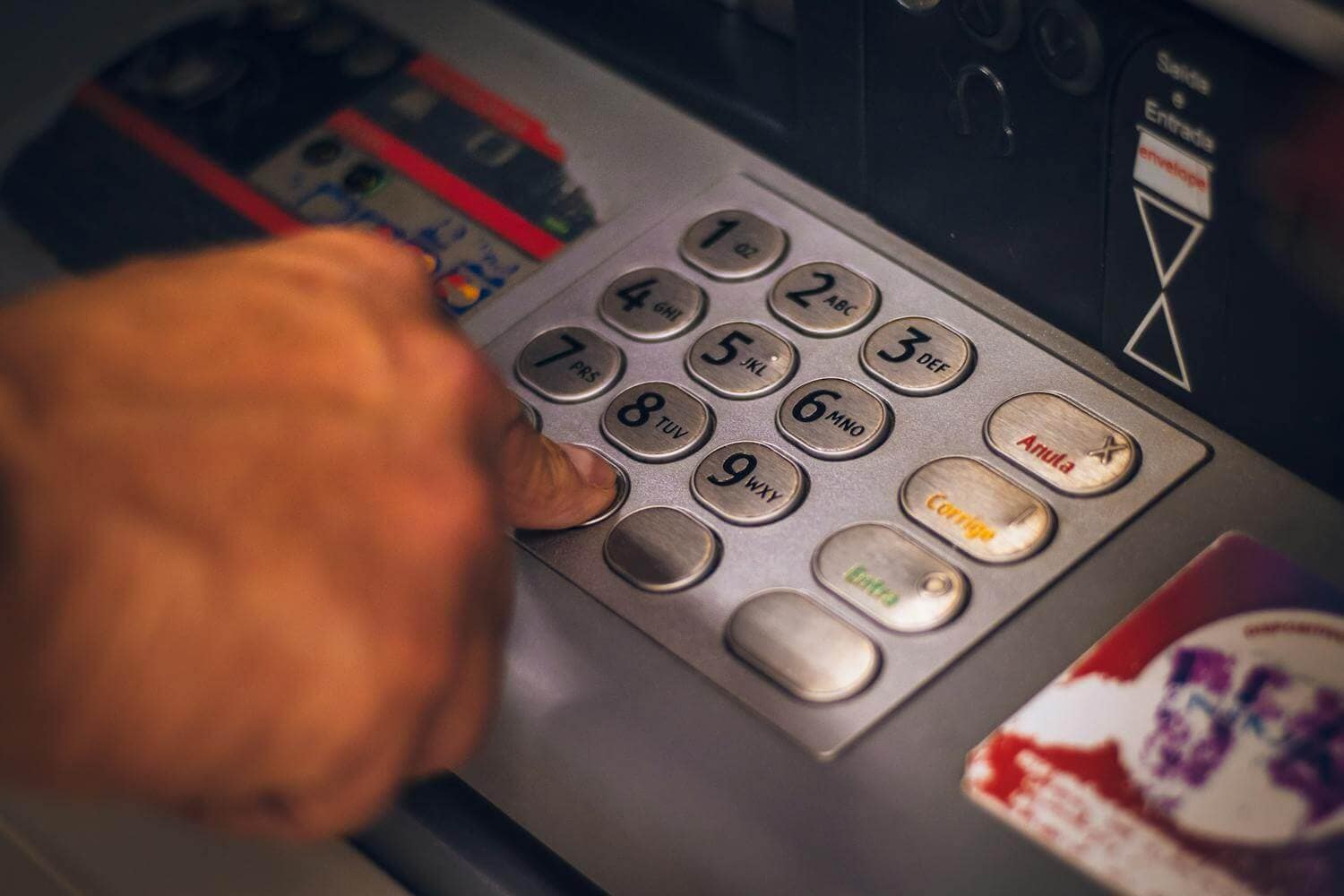Navigating the complexities of financial matters during a separation can be challenging, especially regarding shared assets like joint bank accounts.
If you’re wondering, “Can my estranged husband use our combined bank account?” the short answer is yes.
In Australia, both parties have equal access to a joint bank account unless there are court orders or mutual agreements to restrict this access.
Understanding Joint Bank Accounts Post-Separation
Joint bank accounts are designed to be accessible by all account holders, offering equal rights to withdraw and deposit funds.
This accessibility doesn’t automatically change upon separation or divorce. Therefore, your estranged husband can legally use the account, potentially leading to complications if not addressed promptly.
🔑 Key Takeaway: Both parties retain equal access to joint bank accounts after separation, highlighting the importance of taking swift action to protect your financial interests.
Also read: Should I Divorce My Gambling Husband?
Steps to Protect Your Joint Finances
Immediate Actions
- Communicate with Your Bank: As soon as separation is on the horizon, your first step should be to inform your bank about the change in your relationship status. This is crucial because it puts the bank on notice, potentially adding a layer of scrutiny to transactions that may protect against unauthorised withdrawals.
- Request Changes to Withdrawal Conditions: To safeguard the funds within your joint account, you can request the bank to change the conditions around withdrawals. This often means setting up the account so that both parties must agree to any transactions.
- While this doesn’t freeze the account, it ensures neither party can unilaterally drain the account without the other’s consent, safeguarding against impulsive or secretive financial decisions that could affect both parties.
- Monitor Account Activity: Keep a close eye on the account’s activity. Most banks offer online banking services that allow you to monitor your account in real time. This vigilance helps identify unauthorised transactions quickly, enabling you to take immediate action.
Long-Term Solutions
- Dividing the Account’s Funds: Consider negotiating an equitable division of the funds in the joint account once immediate protections are in place. This division should reflect mutual agreements or be based on legal advice to ensure fairness and compliance with family law principles.
- Closing the Joint Account: After the funds have been divided, closing the joint account is prudent. This eliminates any future financial entanglements and potential disputes over the account, paving the way for financial independence.
- Opening Individual Accounts: Each party should open their individual bank accounts. This move is important for establishing financial autonomy post-separation. It allows each person to manage their finances independently, set their own saving goals, and handle their expenses without the complexity of a shared account
- Setting Up New Financial Plans: With individual accounts, it’s an opportune time to reassess financial goals and plans. This might include setting new savings goals, budgeting for a single income, and planning future investments. It’s also an excellent time to update direct debits and automatic payments and redirect income to the new account.
Legal Considerations and Agreements
Legal intervention may sometimes be necessary to resolve disputes over joint bank accounts. A financial agreement, facilitated by legal counsel, can outline the division of assets, including the terms for handling joint accounts. Court orders can also restrict account access if there’s a risk of financial misconduct.
Also read: Out of Court Settlements: 3 Helpful Advantages
Can I Withdraw Money from a Joint Account After Divorce?
Yes, it is generally possible to withdraw money from a joint account after separation or divorce. However, it’s important to be aware that doing so without agreement from the other party could have legal repercussions.
In Australia, funds in a joint account are typically considered shared property once a relationship breaks down.
If one party withdraws a significant sum, this can be viewed unfavourably in property settlement proceedings, potentially impacting the overall division of assets.
If you are concerned about the other party accessing funds, consider freezing the joint account to prevent any further withdrawals.
It’s advisable to seek legal guidance to understand how any withdrawals might affect your financial settlement and to explore the best approach for managing joint finances during this transitional period.
The Role of Financial Planning and Advice
Engaging with a financial advisor can offer personalised guidance tailored to your situation. They can assist in developing a financial plan that addresses immediate needs and long-term goals, ensuring a smoother transition to financial independence.
Seek Professional Advice
While your estranged husband can use your combined bank account, taking proactive steps to safeguard your financial interests is essential.
Communication with your bank, legal agreements, and professional financial advice are critical components in managing joint bank accounts during separation.
By addressing these matters early, you can mitigate financial risks and work towards a fair and equitable resolution.
Director of Melbourne Family Lawyers, Hayder manages the practice and oversees the running of all of the files in the practice. Hayder has an astute eye for case strategy and running particularly complex matters in the family law system.






One Response